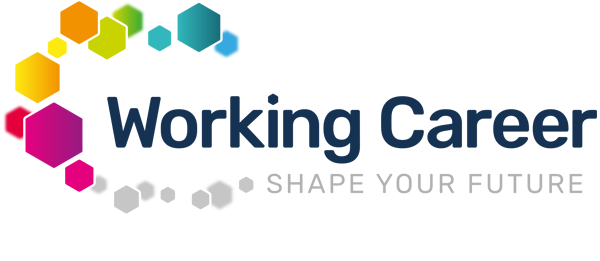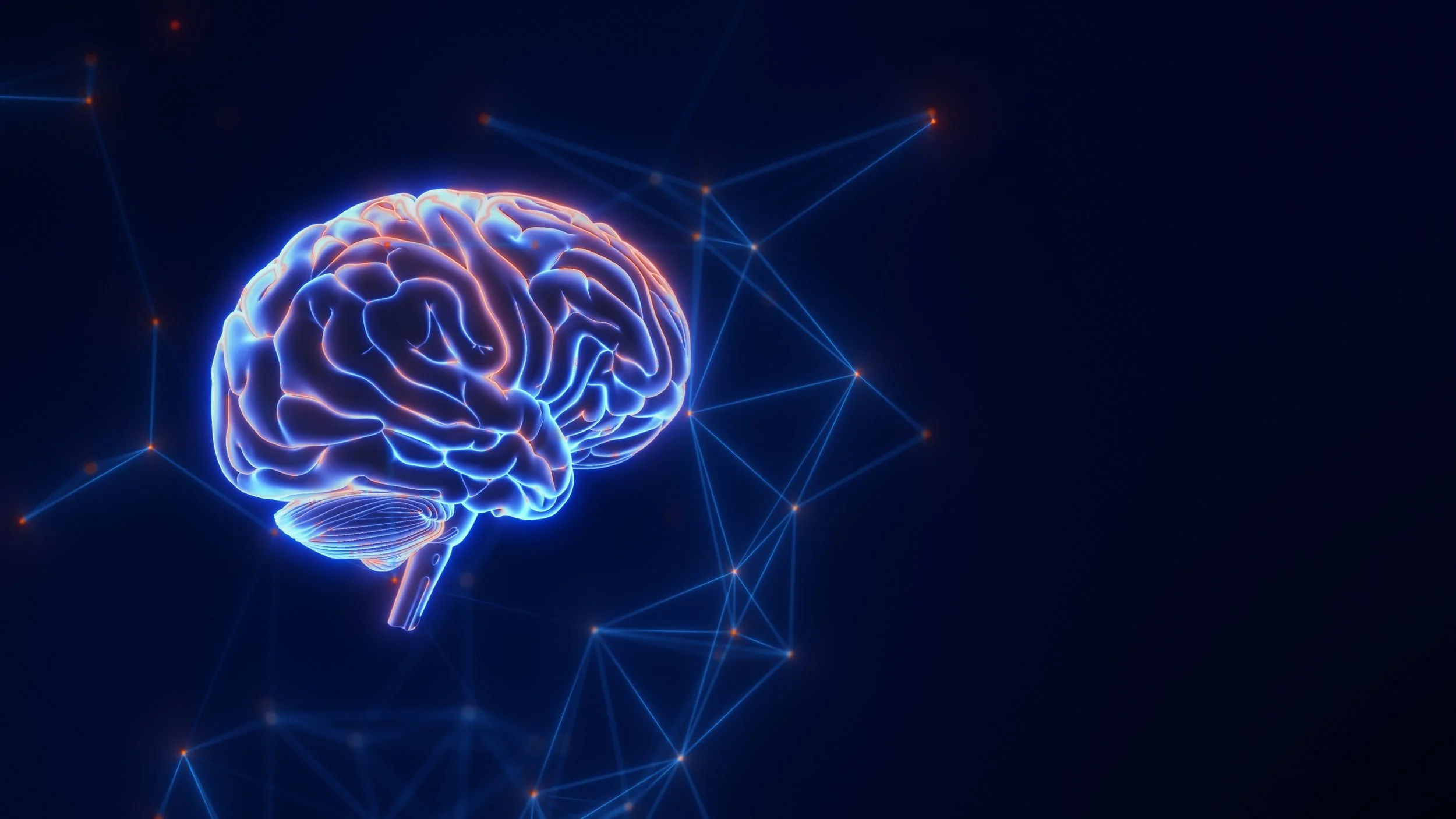2. AI and Your Career: Use AI to Build Self-Awareness Before Using AI
Introduction
AI tools are transforming how we search for jobs, tailor CVs, and prepare for interviews. But before you start applying algorithms to your career, you need something even more powerful: self-awareness.
Understanding your values, personality, skills, motivations, and interests provides AI with the context it needs to work effectively for you. Without that clarity, AI can only generate ideas — it can’t tell you what truly makes you happy or fulfilled at work.
That’s why self-awareness is the starting point of every successful career journey. And it’s also why I always encourage clients to focus first on in career change coaching or career development coaching, depending on their goals — then add AI tools into the process once the direction is clear.
In this blog, we’ll explore why knowing yourself first is essential, how self-awareness shapes career choices, and how AI and coaching can work together to create a career path that aligns with who you are.
💡 AI is a tool — but self-awareness is the foundation.
1. Why Self-Awareness Matters in Career Management
AI can help you find opportunities — but only you can decide which ones are right for you.
Self-awareness helps you:
Understand what drives and motivates you
Recognise your natural strengths and how to use them
Identify working styles, environments, and cultures where you thrive
Make career decisions with confidence
Avoid falling into roles that leave you drained or unfulfilled
👉 Without clarity, AI can point you towards roles that sound right on paper but feel wrong in practice. Your values, personality, skills, and goals must come first.
2. Explore What Makes You Happy, Energised, and Motivated
Before using AI for job searching or career planning, reflect on what matters most to you. Four key areas to explore:
a) Your Values & Personality
What principles guide your choices? How does your personality shape your working style?
AI can’t define these for you — but once you know them, it can help you find roles that align.
b) Your Skills & Strengths
Separate what you can do from what you love doing.
AI may highlight your transferable skills, but you decide which energise you and which you’d prefer to leave behind.
c) Your Interests & Passions
Which industries, activities, or challenges excite you?
Your energy often points towards the most satisfying career options.
d) Your Work Style & Preferences
Do you thrive in fast-paced settings, or prefer deep focus and autonomy?
Knowing this helps filter roles that suit your natural rhythm.
3. Tools to Discover Your Strengths and Motivators
Reflection is valuable — but structured tools make it easier to connect the dots.
Some options include:
Highlands Ability Battery (HAB): Measures natural aptitudes and problem-solving styles
Skills Inventories: Identify what you enjoy and where you excel
Values & Motivators Audits: Clarify what matters most in your work
Personality Insights: Tools like MBTI or 16Personalities highlight preferences and team fit
💡 Insight from a coach helps you interpret the results and turn data into decisions.
4. Using AI to Support Self-Awareness (Carefully)
Once you’ve reflected, AI can help you organise and explore options — but it’s a starting point, not the whole solution.
Example prompts you could try with ChatGPT:
“From the CV text below, summarise my top 8 strengths, 5 transferable skills, and 3 possible career paths based on my experience. Suggest 5 keywords to use when searching for roles in the UK.”
“List 6 roles that match someone with strong problem-solving, coaching, and communication skills, who wants flexible working and meaningful impact.”
These insights can spark ideas — but a coach helps you interpret them against your values, interests, and lifestyle goals.
5. Career Change Starts with Clarity
AI makes it easier than ever to find opportunities — but without clarity, you risk chasing the wrong ones.
Whether you’re:
Seeking your next promotion
Considering a career change
Exploring new industries
Returning to work after a career break
Planning semi-retirement or portfolio work
Self-awareness is the foundation. Once you know what matters most, AI becomes a powerful partner in shaping your next chapter.
6. Where Coaching Adds the Human Advantage
AI can:
Collect ideas
Analyse patterns
Suggest possibilities
But it cannot:
Challenge your assumptions
Untangle conflicting priorities
Support you when confidence dips
Guide you through emotional decisions
Help you tell your story powerfully
👉 That’s where coaching bridges the gap. Combining AI insights with coaching creates a clear, realistic, and fulfilling career plan.
Coaching Advantage: Where I Can Help
AI is great at surfacing options, but it can’t replace personal insight, empathy, or accountability. That’s where my coaching programmes come in:
Career Change Coaching: Perfect if you’re considering a new direction. We’ll explore your story, clarify your values, strengths, and abilities, and create a realistic plan. We use tools like the Highlands Ability Battery — with human interpretation, not automated reports — to uncover your natural abilities and how to use them.
Career Development Coaching: Ideal for individuals seeking to advance in their current role or prepare for their next career opportunity. Together, we’ll focus on your skills, confidence, and strategies to move forward.
Interview Coaching: As we will see in a future blog on interviews and AI, AI can be used to gain information about the organisation. However, for the human side of coaching, such as helping manage nerves and building confidence, an interview coaching with a human is more effective.
Alongside these programmes, AI becomes an added layer of support: helping to brainstorm options, refine applications, and research opportunities. Coaching provides the depth, challenge, and encouragement AI simply can’t.
Conclusion
Before using AI to search, apply, and prepare, take time to understand who you are and what you want. Self-awareness is the foundation of a satisfying career — and it ensures that every tool you use, including AI, works in service of your goals.
With clarity on your values, personality, strengths, and motivations, you’ll be ready to make the most of the AI-powered strategies in the rest of this series.
What’s Next in This Series
Upcoming blogs in the AI & Your Career Series include:
Supercharging Your Job Search with AI
Tailoring Your CV & Cover Letter with AI
Researching Companies & Roles with AI
Identifying Skills Gaps & Planning Development
Preparing for Interviews with AI
Changing Career with AI
Exploring Self-Employment & Freelancing
The Future of Coaching in the Age of AI
✨ COMING SOON: AI and Your Career Online Course ✨
Want to learn how to use AI to manage and develop your career with confidence?
I’m launching an online course packed with practical tools and strategies.
📩 Sign up now for updates
💡 Receive 50% off when it launches
👍 No commitment required
About Diana
I’m Diana Dawson, Founder of Working Career. As a Coaching Psychologist, Accredited Master Coach with the Association for Coaching, and Cognitive Behavioural Hypnotherapist, I’ve spent over 20 years helping professionals build fulfilling careers.
My approach blends psychology, coaching, and practical strategy — from career change and interview coaching to executive and well-being coaching. Recently, I’ve been exploring how AI can be used ethically and effectively to support career development, while keeping the focus firmly on the human side of work.
Through my coaching programmes and resources, I help professionals use AI tools with confidence — combining the speed of technology with the clarity, direction, and confidence that only coaching can provide.

